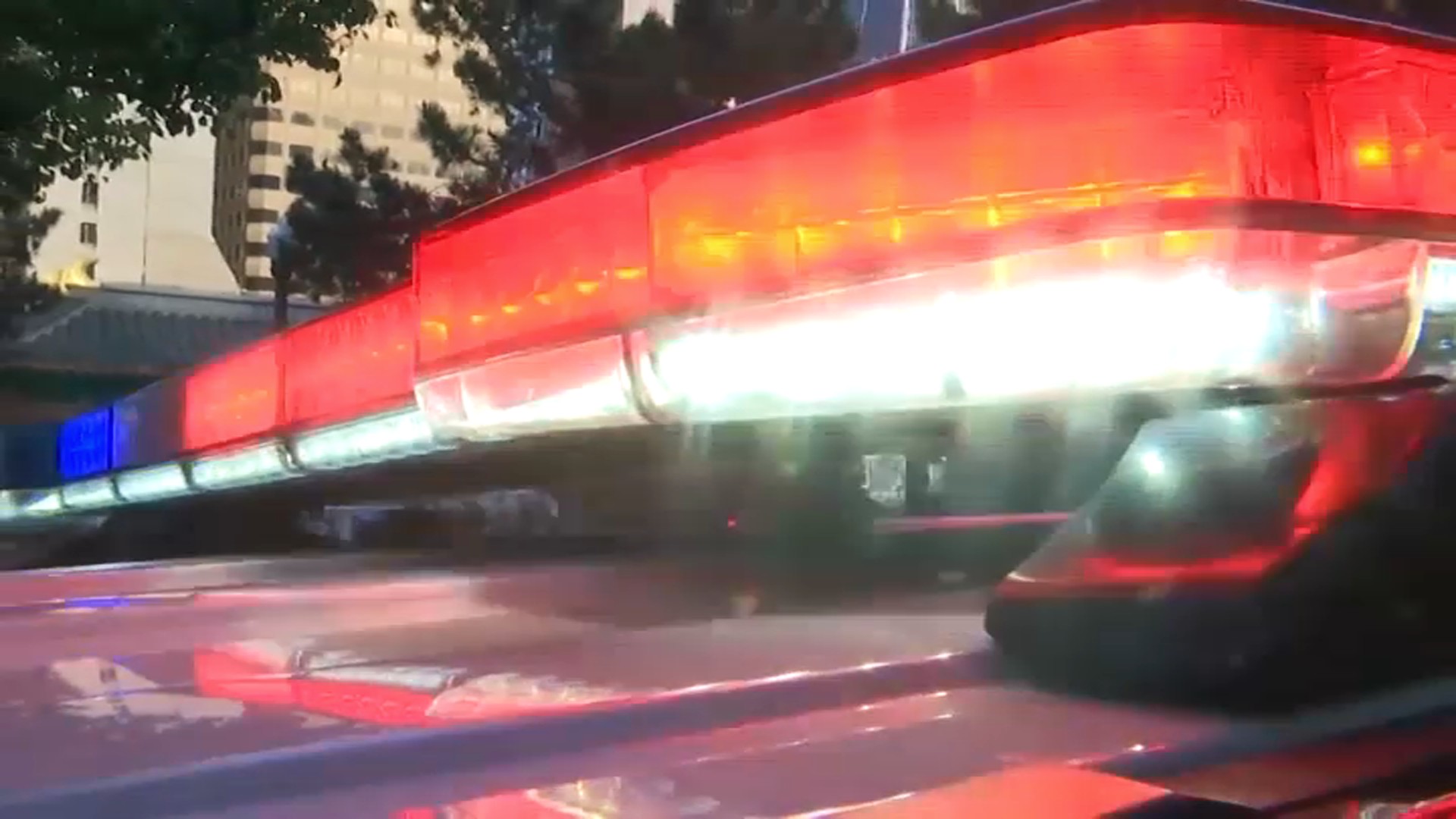Update: American Airlines says it has completed inspected all its 767 aircraft and found no more problems.
The FAA has asked American Airlines to re-inspect dozens of 767 airplanes in its fleet, after cracks were detected on at least two planes, on a crucial part that attaches the engines to the wings. FAA officials said Monday that the findings at American could prompt additional inspections of 767’s at other airlines nationwide.
American Airlines spokesman Tim Wagner confirmed that the Fort Worth-based airline has already inspected 54 of 56 planes affected. Wagner said the airline hoped to have the remaining two aircraft checked by the end of the day Monday or early Tuesday morning. The inspections have not caused any major disruption to the company’s schedule.
Cracks were found on two American 767’s, on what’s known as the mid-spar of the engine pylon, a structure that connects the engine to the wing structure of the jumbo jet. An official familiar with the inspections at American said one plane was found to have three cracks that could significantly weaken the pylon. Weakening of the pylon, if not caught in a timely manner, could eventually cause an engine to separate from the wing and fall from the plane.
The cracks came as a surprise to American and FAA officials because they happened well within the FAA’s required time frame for inspection of the pylons. Still, the airline said it detected the problems before they became a threat. "We caught them when they should have been caught," Wagner said.
Local
The latest news from around North Texas.
American sent one of the cracked pylons to an outside company for metallurgy testing to determine what caused the cracks. "Until the test comes back we won’t have any idea what caused this," Wagner said.
As a result of the findings at American, the FAA is now considering whether to require stepped up inspections of other 767’s as well.
"We are working with the carrier and the manufacturer to identify the source of the cracking and to develop remedies," said FAA spokesman Lynn Lunsford. "We are considering additional action, including more frequent inspections of the engine pylon area." Lunsford said.



